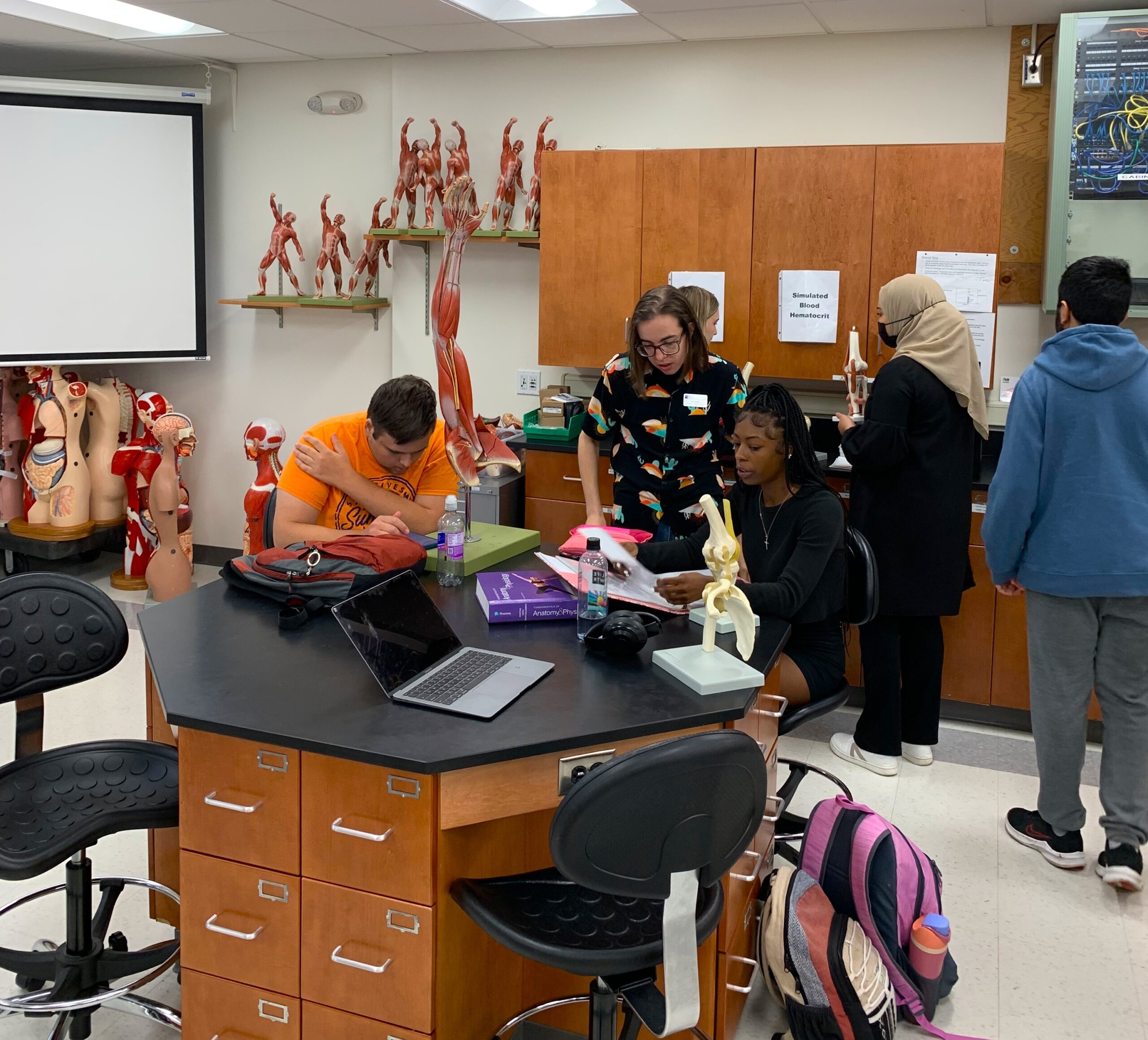Touch Starvation Affects College Students:
By: TYRA LEESMAN EDITOR-IN-CHIEF:
Touch starvation, also called “skin hunger,” is the mental and physical manifestation of going long periods without enough physical human contact. According to Lisa Brat, a certified professional cuddler, touch starvation can make one feel depressed, aggressive, irritable, and even sick or flu-y.
“Everyone knows these days that babies will die or become really sick if they aren’t touched and held enough in their first weeks of life. But that applies to people, in a way, all through their lives. We have to be connected. We have to feel actual physical connection with other humans every day to feel our best,” said Brat.
Cuddlist.com is a website for those who feel they might be touch starved, or those looking to experience professional cuddling. The cuddles are platonic, and the training involved in becoming a certified professional cuddler requires “serious attention” to maintaining professionalism throughout the experience, according to Brat.
“We go out of our way to make sure people know we’re professionals so that the experience can be as relaxing as possible. If you have issues with touch and you need to take it slow, and just sit next to someone or hold hands, we do that too,” said Brat.
Hugging, one of the many forms of cuddling, releases Oxytocin in the body. Oxytocin is referred to as the “love” hormone, as it is also released during times of intense joy, arousal, breast feeding, childbirth, and orgasm.
“I really advocate 21-second hugs because that’s how long it takes to release that Oxytocin. When you have a longer hug and oxytocin is released, it’s good for your immune system, your stress response, you blood pressure,” said Dr. Stone Kraushaar, psychologist and author of Hug Therapy: A 21- Day Journey of Embracing Yourself, Your Life, and Everyone Around You.
As long as it’s consensual, even a simple hug is a moment of being “deeply connected with someone and letting them know how you feel about them,” according to Kraushaar. “It’s almost like a meditation. I encourage people to take deeper breaths in through their nose and out through their mouths, slow things down, and really experience that release,” said Kraushaar.
College students who wish to experience touch therapy or professional cuddling may web search any of the options available to them including Cuddlist.com, local practices like Dr. Kraushaar’s, or by joining a cuddling party.
“A cuddling party is just a get-together where we all hang out and watch movies, but maybe we have our heads in somebody’s lap. Or maybe we’re sitting with our legs over someone getting a foot rub. Maybe we’re spooning on the floor. For me, since I have a touch of Autism, I don’t like full touch, but I know it’s important, so I sit with one side of my body – just like my arm and maybe my leg – up against someone or a couple. Sometimes I just have someone braid my hair. It’s really relaxing,” said Kelly Burns, Meramec graduate and regular party attendee.
Those who wish to look into becoming a professional cuddler can find resources online for courses and requirements.











